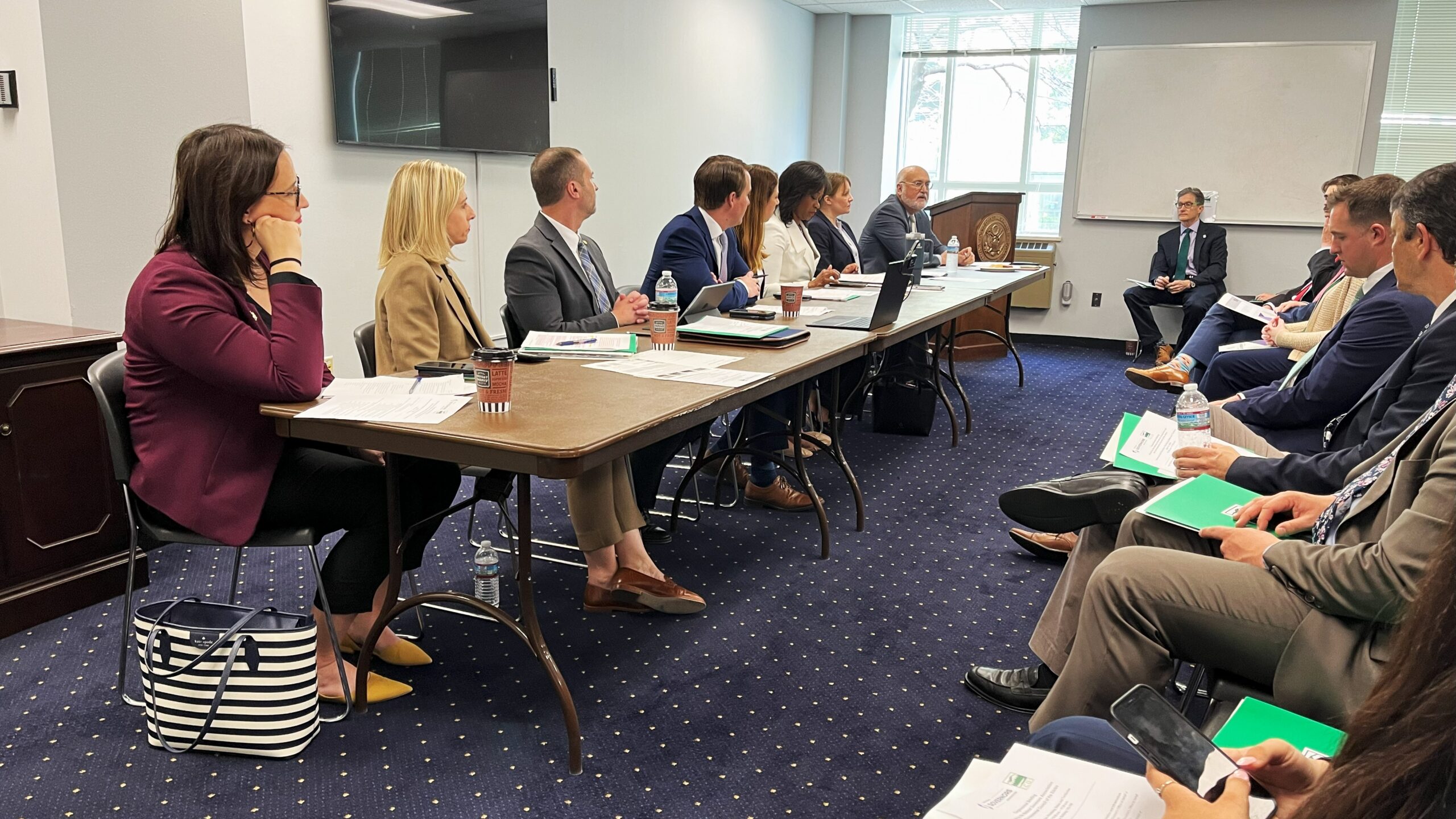January 29, 2020
The Honorable Seema Verma
Administrator
Centers for Medicare & Medicaid Services
Department of Health and Human Services
Attention: CMS-2393-P
P.O. Box 8016
Baltimore, MD 21244-8016
RE: Medicaid Fiscal Accountability Rule (CMS-2393-P)
Dear Administrator Verma:
On behalf of the National Governors Association, we appreciate the opportunity to provide comments on the Centers for Medicare & Medicaid Services (CMS) proposed Medicaid Fiscal Accountability Rule (MFAR).
Governors support the Administration’s goals to strengthen transparency and accountability in the Medicaid program to ensure long-term fiscal integrity. However, we are concerned that the proposed rule, as drafted, would significantly curtail the longstanding flexibility states have to fund and pay for services in their Medicaid programs. In losing this flexibility, states may be unable to adequately fund their Medicaid programs, which could lead to unintended consequences that would negatively impact Medicaid beneficiaries across the country.
Medicaid is a federal-state partnership and all states, the District of Columbia, and the U.S. territories have Medicaid programs that provide health coverage for 73 million of the nation’s most vulnerable citizens. States invest heavily in their Medicaid programs; 24.5 percent of all state spending is on Medicaid. Consistent with federal law, states have had the longstanding ability to finance their programs in different ways such as with state general revenue, intergovernmental transfers (IGTS), certified public expenditures and provider taxes. This flexibility is a hallmark of the Medicaid federal-state partnership, and has been truly invaluable in allowing states to tailor their programs to meet the unique health needs of their residents.
We understand that CMS desires more oversight. However, the MFAR makes broad changes that could prohibit or limit many permissible financing and supplemental payment arrangements in Medicaid programs across the states. MFAR would prohibit certain longstanding IGT arrangements altogether, even though such arrangements are allowed under current law. The proposed rule also establishes new broad discretionary standards of review for provider taxes and supplemental payments, and limits approval to three years. These changes create significant uncertainly as to whether a state’s payment and financing structure will meet federal requirements. For example, a provider tax which had previously been approved by CMS as consistent with federal law may now be deemed inappropriate. This leaves the state without a valid financing source and may lead to cuts to states’ Medicaid programs.
Although CMS is unable to identify the impact of the rule, the proposed rule will have significant and broad impacts in many states across the country. Preempting states’ authority and reducing states’ flexibility within their Medicaid program will result in decreased access to care for many vulnerable Americans.
Governors request that CMS not move forward with the current proposed rule, as written, and instead, gather more data to understand the impact, identify more targeted evidence-based policies to address concerns and work with states to determine best practices for how to strengthen accountability and transparency in the Medicaid program. Medicaid plays a significant role for millions of people across the country and its complex structure warrants careful and thoughtful steps for any reform.
We thank you for the opportunity to submit these comments and look forward to engaging with you on the proposed rule.
Sincerely,
Governor Kate Brown and Governor Charlie Baker
Health and Human Services Committee, National Governors Association












